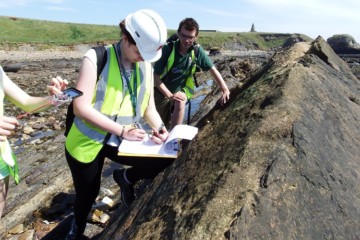
GeoBus funding boost
A University project to inspire young Earth and environmental scientists across the country will continue, thanks to NEO Energy funding.

A University project to inspire young Earth and environmental scientists across the country will continue, thanks to NEO Energy funding.
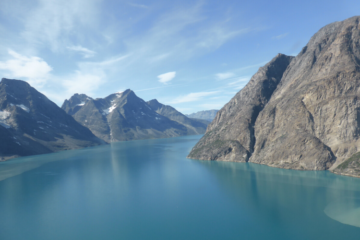
New international research led by St Andrews presents a novel way to understand the structure and formation of our oldest continents.
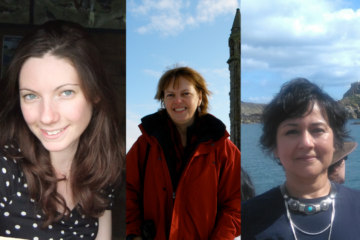
Three researchers from the University of St Andrews have been awarded research funding totalling over £620,000 from the Leverhulme Trust.
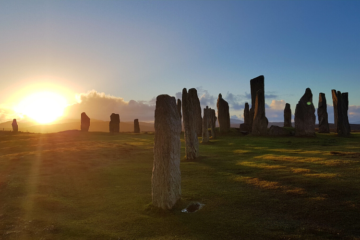
The Calanais Virtual Reconstruction Project has uncovered a potential link between ancient stone circles and the forces of nature.
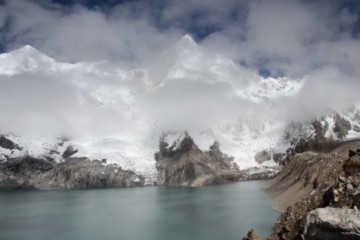
The rate glaciers are melting in the Himalaya is being accelerated by lakes formed by glacial retreat new research has found.
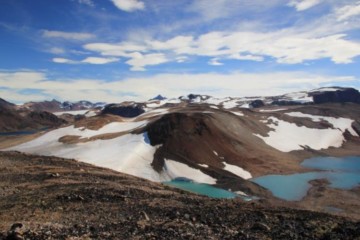
Ancient volcanoes could provide new insights into how the Earth’s surface is recycled, according to St Andrews scientists.
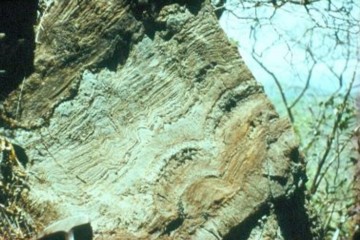
A team of international scientists, led by St Andrews, has demonstrated a new source of food for early life on the planet.
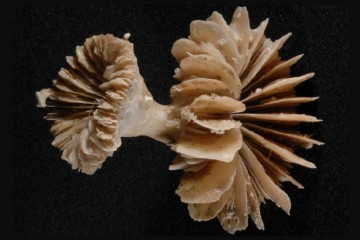
A team of scientists, led by St Andrews, has shown that rapid CO2 release from the ocean around Antarctica helped end the last ice age.
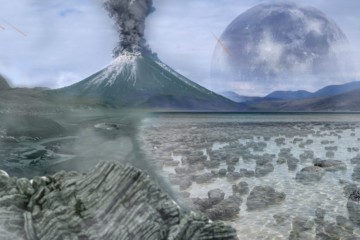
Chemical analyses of the oldest pieces of Earth suggest our planet was habitable 700m years before the date of the earliest fossil.
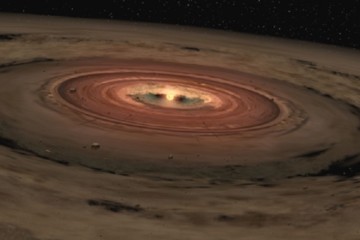
St Andrews scientists may have helped solve the mystery of why there is so much water on planet Earth.